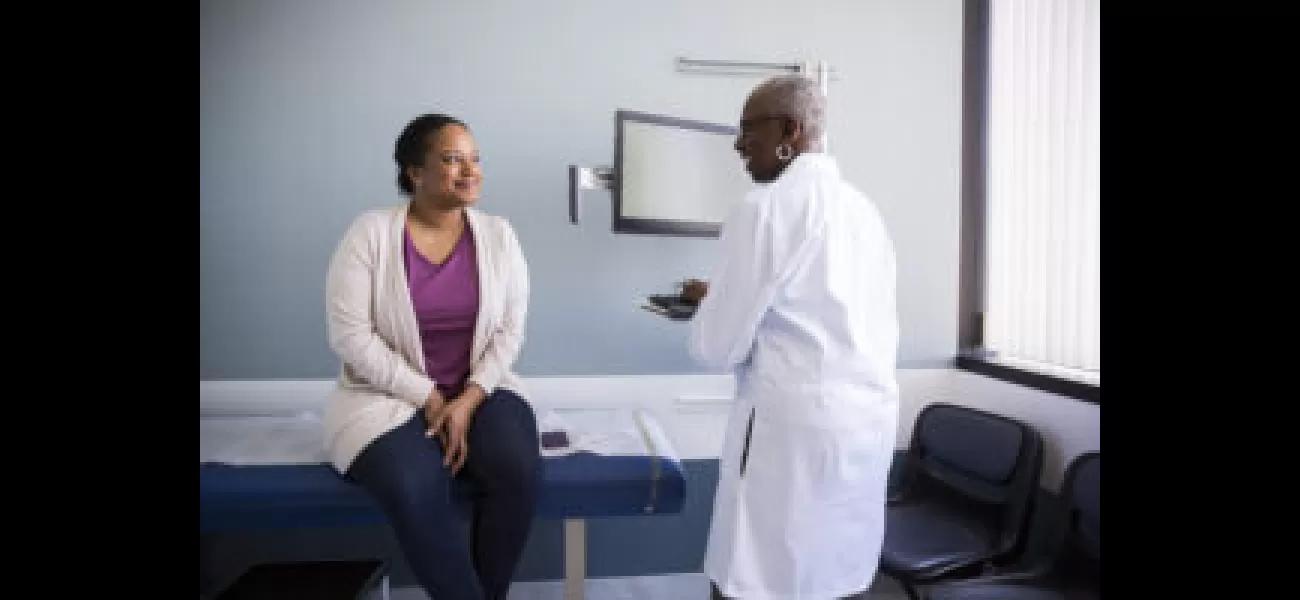States with large Black populations rank lowest for healthcare access & quality.
Health care a major issue for voters; stats for people of color are alarming.
August 4th 2023.

Residents of the South have vastly different healthcare conditions than those in other states. A recent study by WalletHub of healthcare conditions across the U.S. revealed that southern states with high populations of Black people held the majority of spots at the bottom of the ranking.
The comprehensive list utilized experts to quantify scores of healthcare analysis based on coverage, accessibility, and outcomes. Despite the fact that southern states typically have lower living costs, the level and quality of care of health issues do not correlate to the savings. This is a consistently prevalent concern among voters, and the statistics are staggering for people of color.
Southern states are population hubs for Black people, and Georgia has the second-highest Black demographic in the country, the most out of the South specifically. Georgia was ranked No. 44 on the list and was in the bottom eight for states with the worst healthcare. Tennessee, Alabama, Louisiana, Mississippi, and North and South Carolina were also in the bottom 10.
What makes southern states prone to a low health score rating has primarily to do with access to facilities and primary care providers. Medical personnel retention is a distinct problem, as southern states are among the lowest in physicians per capita. Alabama was the lowest-ranked state regarding medical care access, evaluated based on a holistic analysis of hospital beds and medical employees per capita, average response time, and quality of the public hospital system.
Insurance is also a concern, and Georgia was ranked No. 48 for its percentage of insured adults. Gaps in healthcare coverage stem from conservative sentiments, especially among its more rural population, and its costliness. According to estimates by the Centers for Medicare and Medicaid Services, yearly averages for healthcare expenses are close to $13,000. The Bureau of Labor Statistics estimated that Black men and women average less than $975 and $877 in weekly earnings, making the additional costs of healthcare virtually unaffordable to them.
These findings highlight how vulnerable Black populations are in the South regarding healthcare accessibility and quality. This is a growing factor when determining the safest place to live, and the South’s viability, according to these standards, is only worsening. It is clear that healthcare is an important issue that needs to be addressed in order to ensure the health and well-being of all residents in the South.
The comprehensive list utilized experts to quantify scores of healthcare analysis based on coverage, accessibility, and outcomes. Despite the fact that southern states typically have lower living costs, the level and quality of care of health issues do not correlate to the savings. This is a consistently prevalent concern among voters, and the statistics are staggering for people of color.
Southern states are population hubs for Black people, and Georgia has the second-highest Black demographic in the country, the most out of the South specifically. Georgia was ranked No. 44 on the list and was in the bottom eight for states with the worst healthcare. Tennessee, Alabama, Louisiana, Mississippi, and North and South Carolina were also in the bottom 10.
What makes southern states prone to a low health score rating has primarily to do with access to facilities and primary care providers. Medical personnel retention is a distinct problem, as southern states are among the lowest in physicians per capita. Alabama was the lowest-ranked state regarding medical care access, evaluated based on a holistic analysis of hospital beds and medical employees per capita, average response time, and quality of the public hospital system.
Insurance is also a concern, and Georgia was ranked No. 48 for its percentage of insured adults. Gaps in healthcare coverage stem from conservative sentiments, especially among its more rural population, and its costliness. According to estimates by the Centers for Medicare and Medicaid Services, yearly averages for healthcare expenses are close to $13,000. The Bureau of Labor Statistics estimated that Black men and women average less than $975 and $877 in weekly earnings, making the additional costs of healthcare virtually unaffordable to them.
These findings highlight how vulnerable Black populations are in the South regarding healthcare accessibility and quality. This is a growing factor when determining the safest place to live, and the South’s viability, according to these standards, is only worsening. It is clear that healthcare is an important issue that needs to be addressed in order to ensure the health and well-being of all residents in the South.
[This article has been trending online recently and has been generated with AI. Your feed is customized.]
[Generative AI is experimental.]
0
0
Submit Comment





